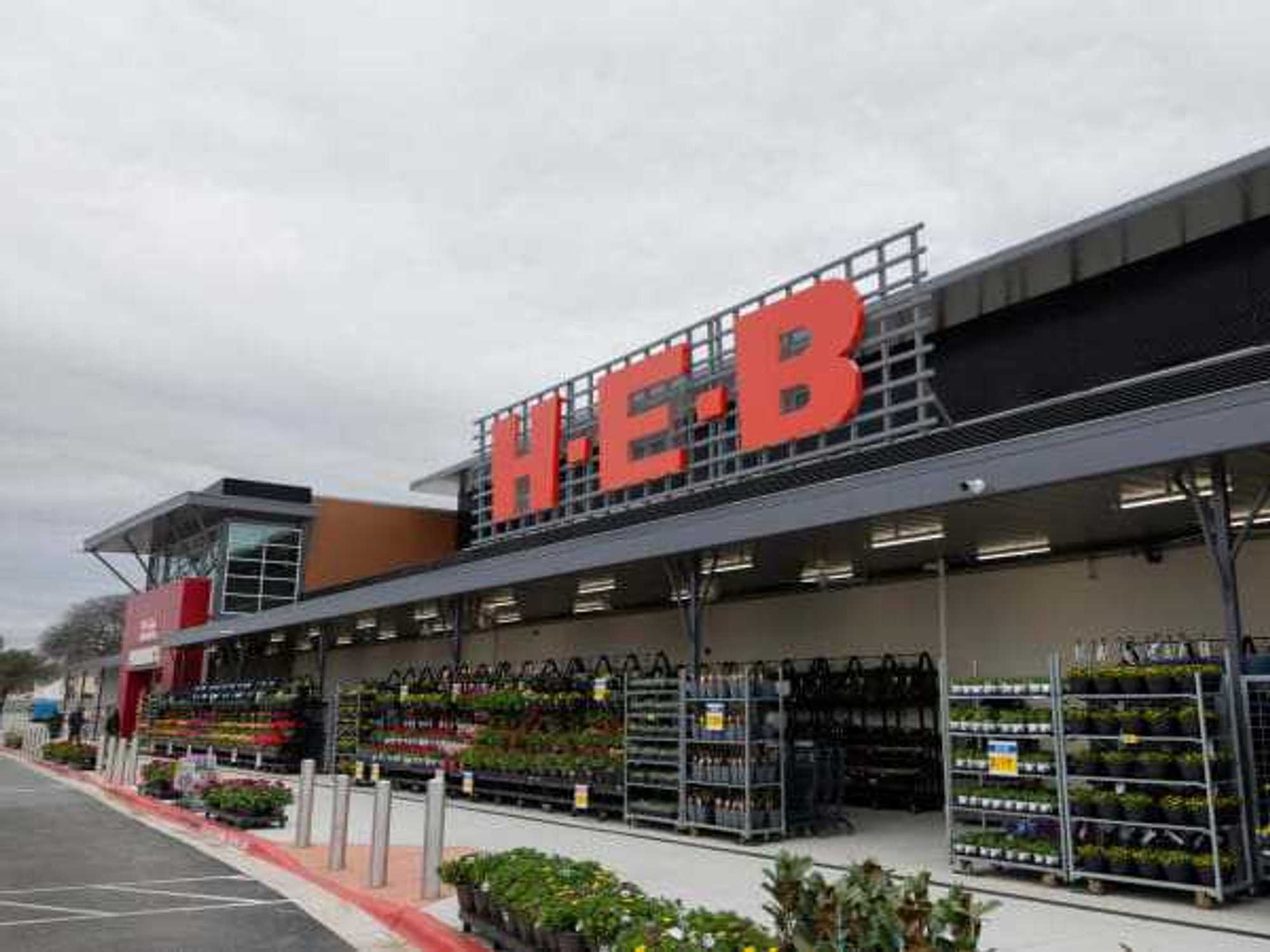Calculating Comfort
This is how much money you need to live comfortably in Austin right now

A new study from GoBankingRates.com has revealed that Americans living in 39 of the 50 most populous U.S. cities have incomes below (or far below) what’s needed to live comfortably.
Surprisingly, that stat doesn't really seem to apply to Texas, which has seven cities in the study. More surprisingly, Austin is one of the five Lone Star cities where the median salary is actually higher than the magic "comfortability number" calculated by the personal finance website.
The study uses the 50-30-20 budgeting rule, which divides income into three buckets: 50 percent on necessities, 30 percent on discretionary spending, and 20 percent toward savings.
Austin's "comfortability" figure is $54,631, which is up $1,406 from last year. Though our cost of living is on the higher end ($27,316 is needed just for necessities), our median household income is proportional: $57,689. That's a bigger salary than any other Texas city in the study, giving Austinites a cushion of $3,058 if they're following the 50-30-20 rule.
The biggest Texas cushion — and second-biggest on the whole list — can be found in Arlington, where residents are left with $6,906 after paying their $46,420 for necessities, savings, and discretionary spending. A median income of $53,326, which is slightly higher than what the average person makes in Texas, is largely to thank for all that extra dough.
El Paso residents also enjoy a surplus, with the lowest necessities amount in the entire study ($20,197). The $42,772 median income is $2,379 more than what's needed to live comfortably.
While Fort Worth and San Antonio residents technically come out on top, it's not by much. San Antonians have $590 left after spending $46,154, and a surplus of only $188 in Fort Worth is due to a hefty increase in the income needed to live comfortably, up $1,267 since 2016. That $53,214 salary doesn't leave much after the 50-30-20 rule takes $53,026.
The two Texas cities where residents are making less than they need are Houston and Dallas, and the shortages aren't gentle. In Houston, the gap between the median income ($46,187) and the ideal income ($56,223) is $10,036 — and the ideal income is even down $4,572 from last year. Dallasites are the most strapped, making a significant $14,203 less than the ideal income of $57,984 (which is up another $2,333 from 2016).
But even the largest disparity in Texas is still thousands of dollars better than the situation in Miami, where the median household income is $31,051 and the income needed to live comfortably is $75,891. That $44,840 deficit is more than Dallas' median income alone.

 Our wildcard category this year will crown Best Sandwich.
Our wildcard category this year will crown Best Sandwich.